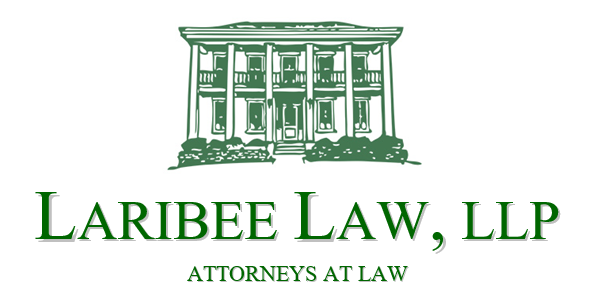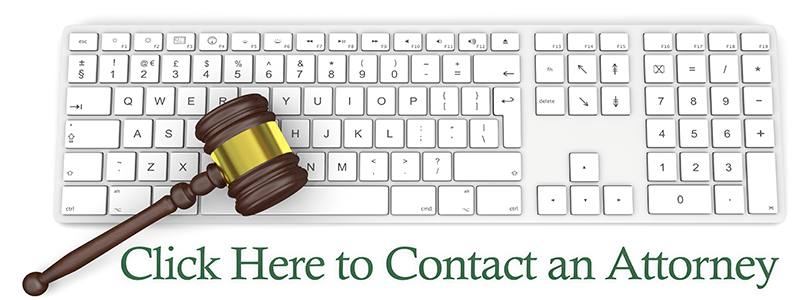Gift Tax: Who Pays the Bill?
Michael L. Laribee, Esq.

We have discussed the elements necessary to make a valid gift in other articles. But the analysis should not end there. There are many tax questions to consider when gifting.
Is the gift taxable? Who pays the tax? Are all gifts reportable? Is there a limit on gifts in a single calendar year? How much is the gift tax?
For tax purposes, a gift includes a transfer of an asset to another, either directly or indirectly, when nothing is received in return. Something exchanged for value, either money or services, is not a gift.
In almost all circumstances, the person making the gift (the donor) is responsible for paying the gift tax. There are times when the person receiving the gift (the donee) makes arrangements to pay the tax. But this is very rare.
Not all gifts are taxable. Generally, the following are not taxable gifts:
- Gifts that do not exceed the annual exclusion for the calendar year;
- Tuition or medical expenses you pay for someone else;
- Gifts to a spouse; and
- Gifts to political organizations.
People often believe they cannot make a gift which exceeds the annual exclusion amount. That is simply not true. Rather, the IRS considers a gift taxable if it exceeds the annual exclusion. The annual exclusion amount has steadily increased in the past few years. For 2018, the annual exclusion is $15,000 and it applies to each donee. For example, a father can give $15,000 to each of his three daughters in the same calendar year. None of the gifts are taxable. If a spouse joins in a gift, the couple can give $30,000 to each donee in a calendar year.
So, what if a donor makes a gift in excess of the annual exclusion? They are required to file a gift tax return with the I.R.S. The return must be filed by April 15th the year after the gift was made. Failure to file a gift tax return may result in penalties unless there was reasonable cause for delay.
When are gift taxes paid? Maybe never. Even if a donor files a gift tax return, they may not have to pay tax on that gift. Rather, the donor can apply the amount of the gift toward their lifetime exclusion from the federal estate tax. The “basic exclusion” (also known as the “unified credit”) represents both the lifetime gift tax exemption and the estate tax exclusion. This defers the tax. Any portion used to avoid the gift tax reduces the amount that will be exempt from estate tax when the donor dies. The new tax law passed for 2018 doubles the amounts individuals may gift (now approximately $11.2 million) over their lifetime without having to pay gift or estate taxes. Since the basic exclusion has increased so much, the vast majority of individuals will escape paying these taxes.
But there is reason to be cautious. The basic exclusion is scheduled to revert back to $5 million on December 31, 2025.
Or, Congress could lower it in the meantime through new tax bills. Since the gift tax rate goes as high as 40%, it is important to consult with a trusted probate attorney before you engage in a gifting plan. Laribee & Hertrick, LLP stands ready to assist you.
This article is intended to provide general information about the law. It is not intended to give legal advice. Readers are urged to seek advice from an attorney regarding their specific issues and rights. Contact an attorney at Laribee & Hertrick, LLP, request more information about our legal services today.


